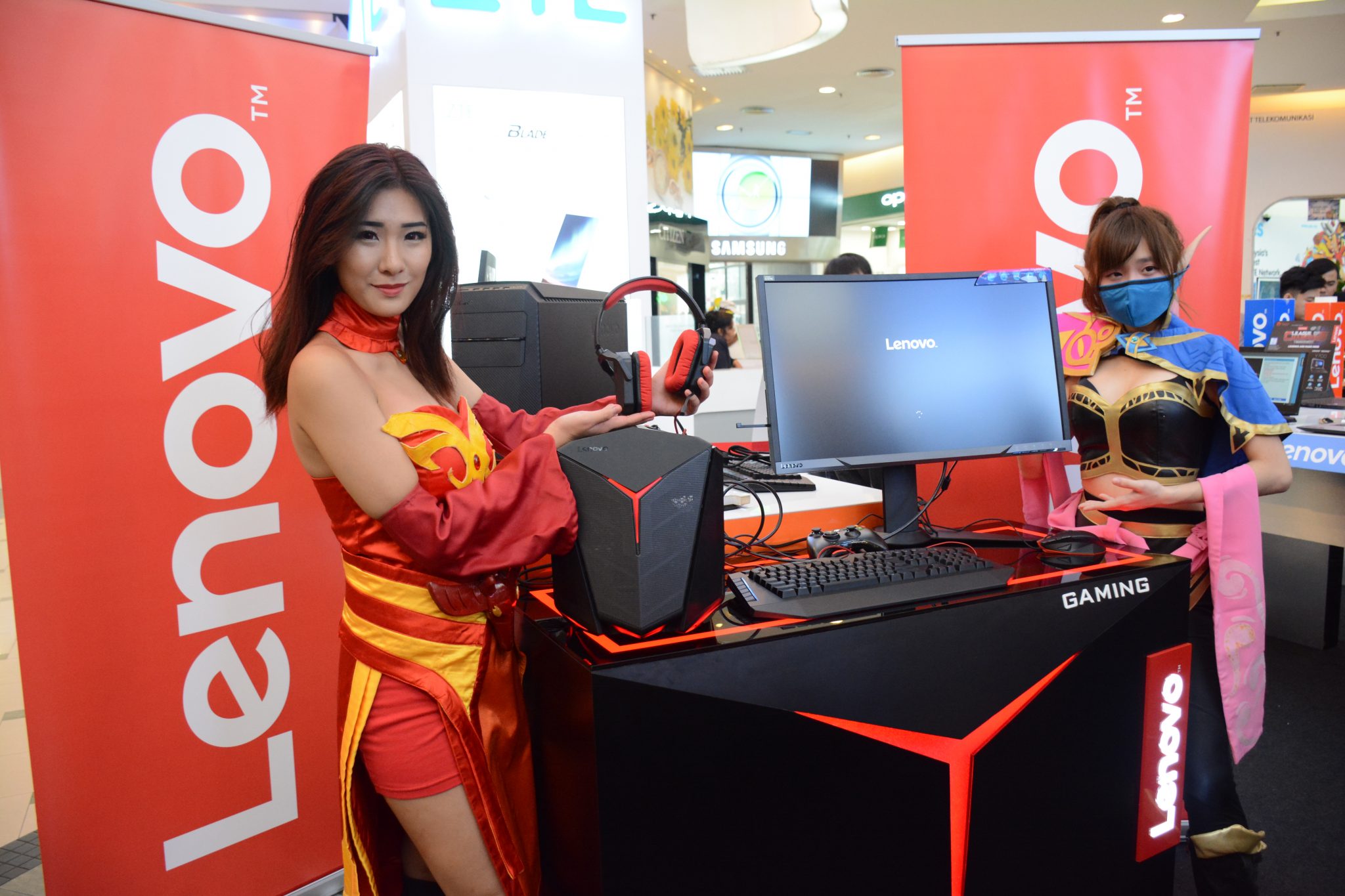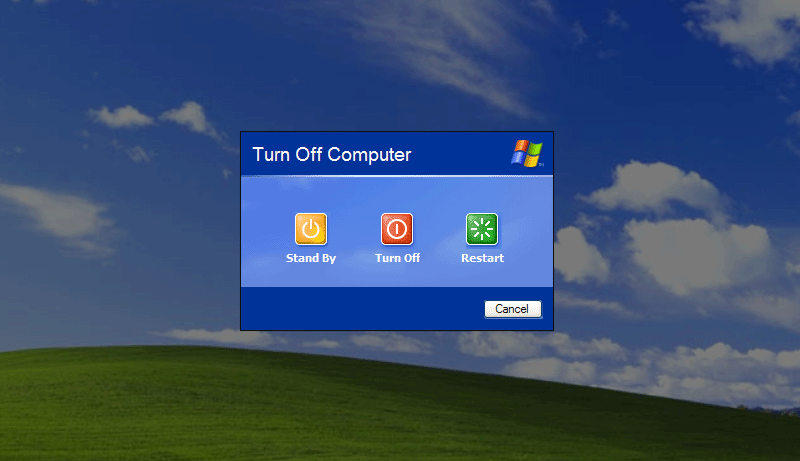
Global PC shipments slid for the fifth consecutive year according to the latest report from market research firm Gartner.
Preliminary results indicate that worldwide PC shipments totaled 72.6 million units in the fourth quarter of 2016, a 3.7 percent decline compared to the year-ago quarter. For the calendar year, the firm says 269.7 million units shipped which represents a 6.2 percent decline versus 2015.
Mikako Kitagawa, principal analyst at Gartner, said stagnation in the PC market continued into the fourth quarter as holiday sales were generally weak due to fundamental changes in PC buying behavior. Innovative form factors like 2-in-1s as well as technology improvements such as better battery life have led to fast growth courtesy of engaged PC users, Kitagawa said, but PC enthusiasts alone aren’t enough to drive overall market growth.

IDC, meanwhile, reports shipments of 70.2 million units in Q4 2016, a decline of just 1.5 percent. Annual shipments checked in at 260 million units, IDC says, which is down 5.7 percent compared to their year-ago figures.
IDC pins much of the blame on the first quarter of 2016, a period the firm says was constrained by high inventory, free Windows 10 upgrades and difficult comparisons to commercial replacements in 2014 that were fueled by Microsoft ending support for Windows XP.
Regardless of which firm you believe to be more accurate, the general consensus is that shipments were indeed down in 2016. Again.
Lead image courtesy The Level
https://www.techspot.com/news/67766-global-pc-shipments-slide-fifth-straight-year.html